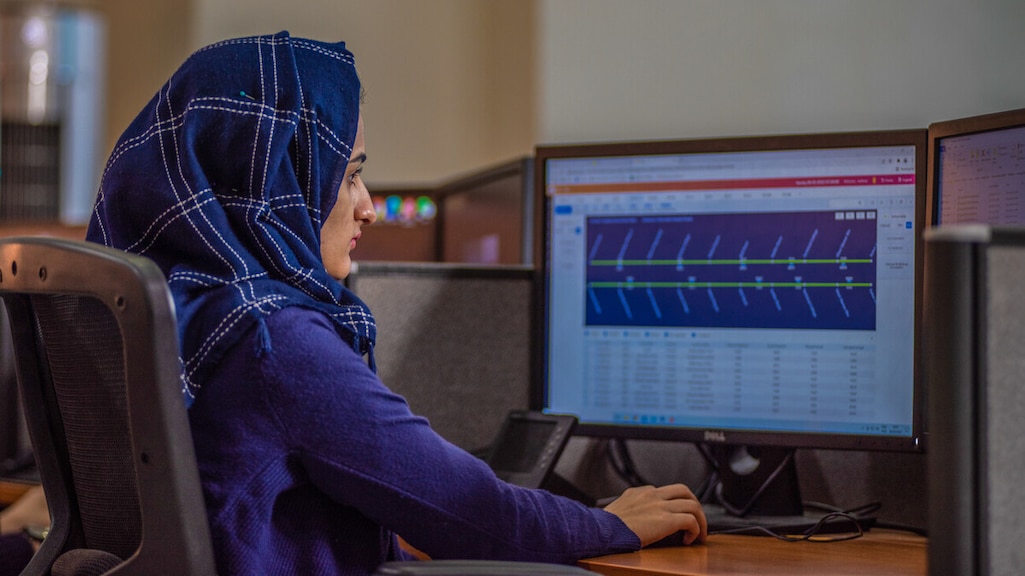
The Asian Development Bank (ADB) has approved $155.5 million in financing for Pakistan that will support policy reforms enhancing women’s access to finance and providing credit to women-led micro, small, and medium-sized enterprises.
The financing comprises a $100 million policy-based loan that supports legal and regulatory reforms that will help women to better access finance; a $50 million financial intermediation loan that will enable participating financial institutions to lend to women entrepreneurs; and a $5.5 million grant that will finance related activities.
“Inclusive, resilient, and sustainable development cannot be achieved if women do not have equal economic opportunities and benefits,” said ADB Director General for Central and West Asia Yevgeniy Zhukov. “ADB’s new program will help transform Pakistan’s current financing ecosystem to help women access much-needed finance and empower them to boost their livelihoods while contributing significantly to the economy.”
Female labor force participation in Pakistan currently stands at about 23%. The country also has among the lowest rates of women’s entrepreneurship in the world at 4 percent of female working-age adults. While Pakistan’s financial inclusion has been improving, women are increasingly left behind with a large gender finance gap which currently stands at 34 percent.
“There are many women entrepreneurs in Pakistan, but they remain unrecognized, being small and informal in nature and lacking the incentives to register their businesses formally or to grow,” said ADB Senior Financial Sector Economist Andrew McCartney. “Policies must recognize the importance of women’s entrepreneurship and create an enabling environment that increases women’s participation in the formal economy and gives them more opportunities to grow their businesses.”
The policy-based loan supports reforms that incorporate women’s needs into national policies, such as the State Bank of Pakistan’s Banking on Equality Policy that, among a range of measures, requires banks to establish departments dedicated to providing services to women. It supports measures enabling women’s access to credit and credit alternatives through digital channels, providing financial training and advisory services to women, and improving the working conditions of women within the finance sector.
The financial intermediation loan, meanwhile, is expected to benefit around 2 million women entrepreneurs, including about 510,000 who previously had no access to finance, through lending via participating financial institutions.
The grant from the Asian Development Fund (ADF) will finance activities such as the development of financial literacy programs and a digital platform that links women to financial services. The ADF provides grants to ADB’s poorest and most vulnerable developing member countries.